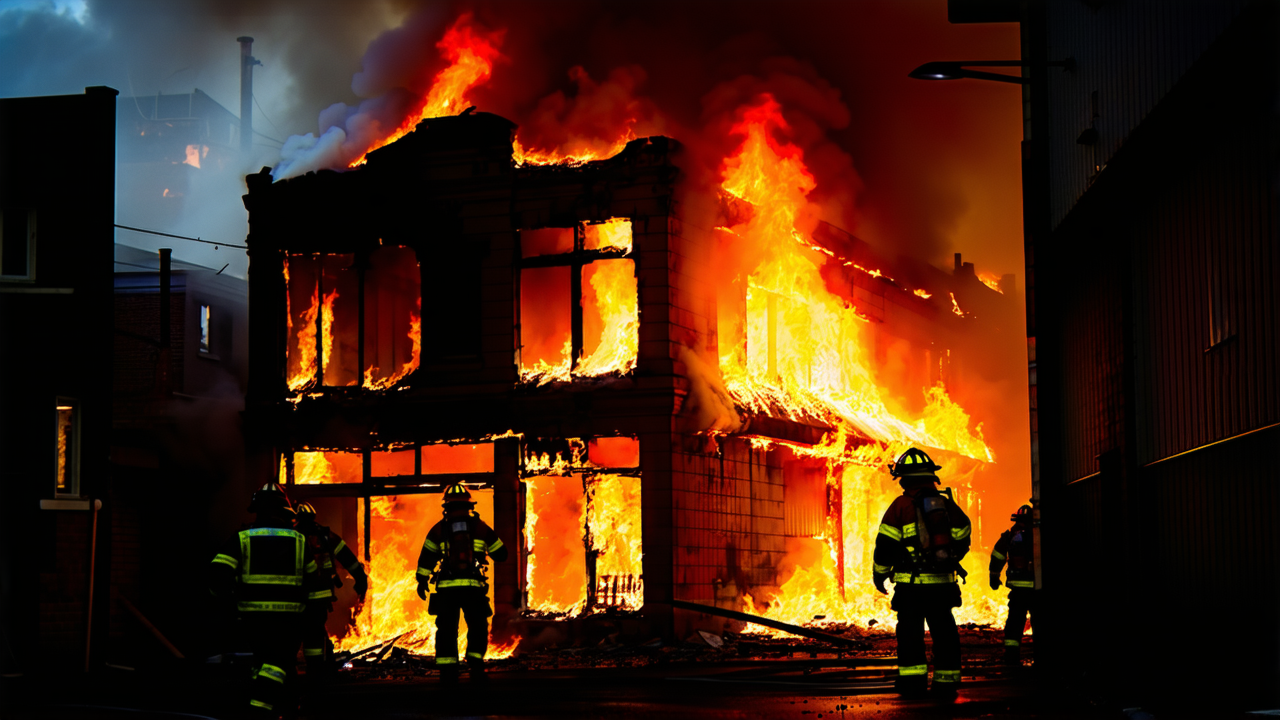Deadly Loafers Lodge Fire Sparks Push for Stricter Boarding House Regulations
Deadly Loafers Lodge Fire Sparks Push for Stricter Boarding House Regulations
By Michael Daly
The tragic fire at Loafers Lodge in Wellington has reignited discussions about the need for stronger oversight in the boarding house sector. Labour MP Jenny Salesa has introduced a member’s bill that aims to create a register of boarding houses and their landlords, a move she says is essential to ensure accountability and protect vulnerable residents.
The Residential Tenancies (Registration of Boarding House Landlords) Amendment Bill was drawn from the member’s bill ballot on Thursday. Salesa has highlighted the Loafers Lodge fire as a catalyst for the proposed legislation, which seeks to address the lack of transparency and oversight in the boarding house industry.
“New Zealanders will recall the tragic case of Loafers Lodge which had flown under the radar until lives were lost,” Salesa said in a statement. “I also think of the dozens of boarding homes in Auckland and the many others across the country that may not be meeting basic safety standards.”
The fire at Loafers Lodge in May 2023 resulted in the deaths of three residents and left the building in ruins. Investigations revealed serious safety violations, including exposed wiring, unconsented showers, and inadequate fire safety measures. The tragedy has since prompted calls for stricter regulations and inspections.
According to the Ministry of Business, Innovation and Employment, boarding houses often serve as a critical housing option for vulnerable groups, including the elderly, people with disabilities, and those experiencing homelessness. However, the lack of consistent oversight has led to a number of safety incidents in recent years.
The proposed bill would require all boarding houses to be registered, with information on the property, the landlord, and the residents made publicly available. It would also mandate regular inspections and safety checks to ensure compliance with building and fire safety standards.
Salesa emphasized that the bill is not just a response to the Loafers Lodge tragedy, but a necessary step to prevent future incidents. “This is about protecting the most vulnerable in our society,” she said. “We cannot afford to wait for another disaster before taking action.”
Supporters of the bill argue that a centralized register would make it easier for authorities to track boarding houses and ensure that safety standards are met. They also believe that increased transparency would empower residents and their families to hold landlords accountable.
Critics, however, have raised concerns about the potential costs of implementing the bill and the impact on the private rental market. Some have also questioned whether the bill would be effective in preventing future tragedies, given the complexity of the boarding house sector.
Despite these concerns, the bill has garnered significant support from advocacy groups and housing organizations. They argue that the cost of inaction—measured in lives lost and communities devastated—far outweighs any financial burden.
The bill is expected to be debated in Parliament in the coming months. If passed, it would mark a significant shift in the way boarding houses are regulated in New Zealand.

Labour MP Jenny Salesa says setting up a register of boarding houses would ensure accountability and better monitoring. (file pic)
